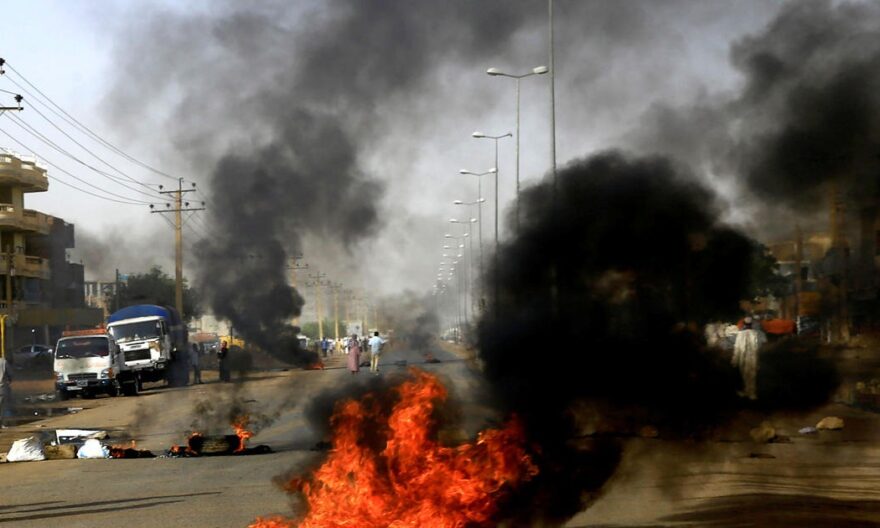
Recently, the governor of Darfur called for an international investigation into the violence that has plagued the region, which has been a significant battleground in Sudan’s ongoing conflict. Mini Arko Minawi specifically urged the U.N. Security Council to grant permission for the International Criminal Court to investigate the “crimes and assassinations” that have occurred in Darfur over the past two months.
The conflict in Sudan escalated in mid-April when clashes erupted between the military, led by Gen. Abdel-Fattah Burhan, and the paramilitary Rapid Support Forces, commanded by Gen. Mohammed Hamdan Dagalo. This internal strife, fueled by tensions between rival generals, has resulted in a death toll exceeding 3,000 and more than 6,000 individuals sustaining injuries, as reported by Health Minister Haitham Mohammed Ibrahim. Over 2.2 million people have been displaced from their homes, seeking safety within Sudan or in neighboring countries.
While the capital, Khartoum, has been a central area of the fighting, the violence has also spread to other parts of Sudan, including Darfur. U.N. officials have noted that the recent violence in Darfur has taken on an ethnic dimension, exacerbating the complexity and severity of the conflict.
Earlier this month, Volker Perthes, the U.N. envoy in Sudan, issued a warning that attacks carried out by the Rapid Support Forces (RSF) and allied Arab militias could potentially amount to crimes against humanity.
In relation to the situation in Darfur, Mini Arko Minawi highlighted the use of “excessive force” against residents in various areas of the region, notably Genena, the capital city of West Darfur province. In a video posted on his social media accounts, Minawi drew parallels between the ongoing violence and the genocidal war that occurred in the early 2000s, stating “What is happening in Darfur now is no less than what had happened in 2003”.
He described instances of residents being killed, women subjected to sexual violence, and the widespread looting and burning of properties. Minawi also mentioned the targeted “assassinations” of political and community leaders in the region, including the governor of West Darfur.
Darfur experienced a genocidal war in the past, characterized by ethnic African rebels accusing the Arab-dominated government in Khartoum of discriminatory practices.
During Omar al-Bashir’s rule, his government faced accusations of arming local nomadic Arab tribes, known as Janjaweed, in retaliation to ethnic African rebels in Darfur. These Janjaweed militias, which later transformed into the RSF, were accused of committing widespread atrocities such as killings, rapes, and other acts of violence against civilians in Darfur over the course of the past two decades.
In the ongoing conflict, the RSF and allied Arab militias have repeatedly launched attacks on the city, particularly targeting areas populated by the non-Arab Masalit community, as reported by residents and activists. Numerous towns, villages, and displacement camps have been subjected to looting and arson.
According to activists, dozens of women have been raped, both inside their homes and while attempting to flee the violence in Darfur. The RSF has been predominantly implicated in these cases, although they have not responded to repeated requests for comment.




